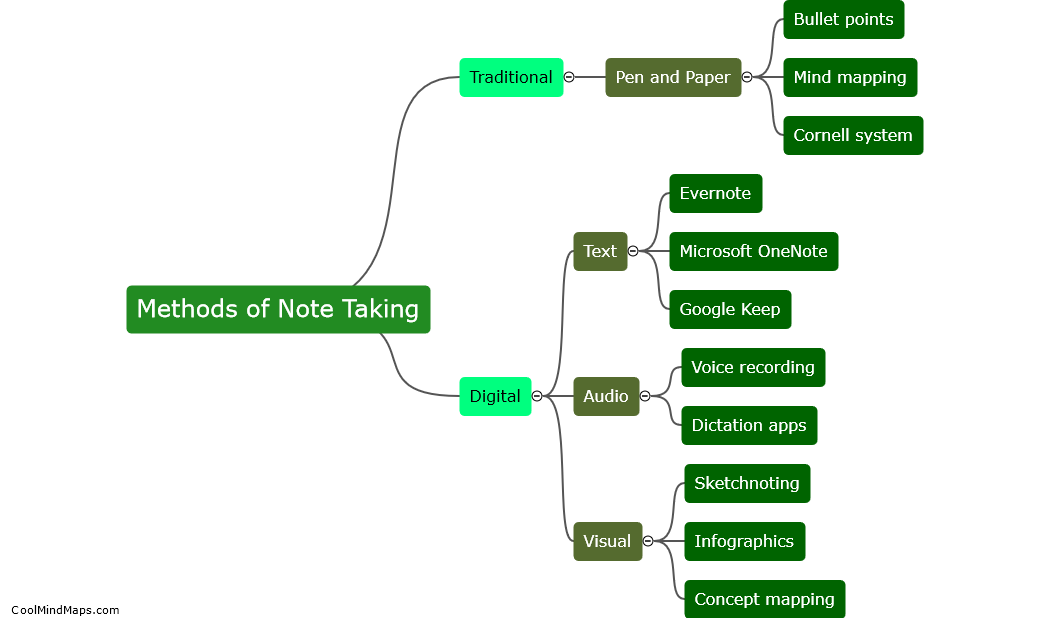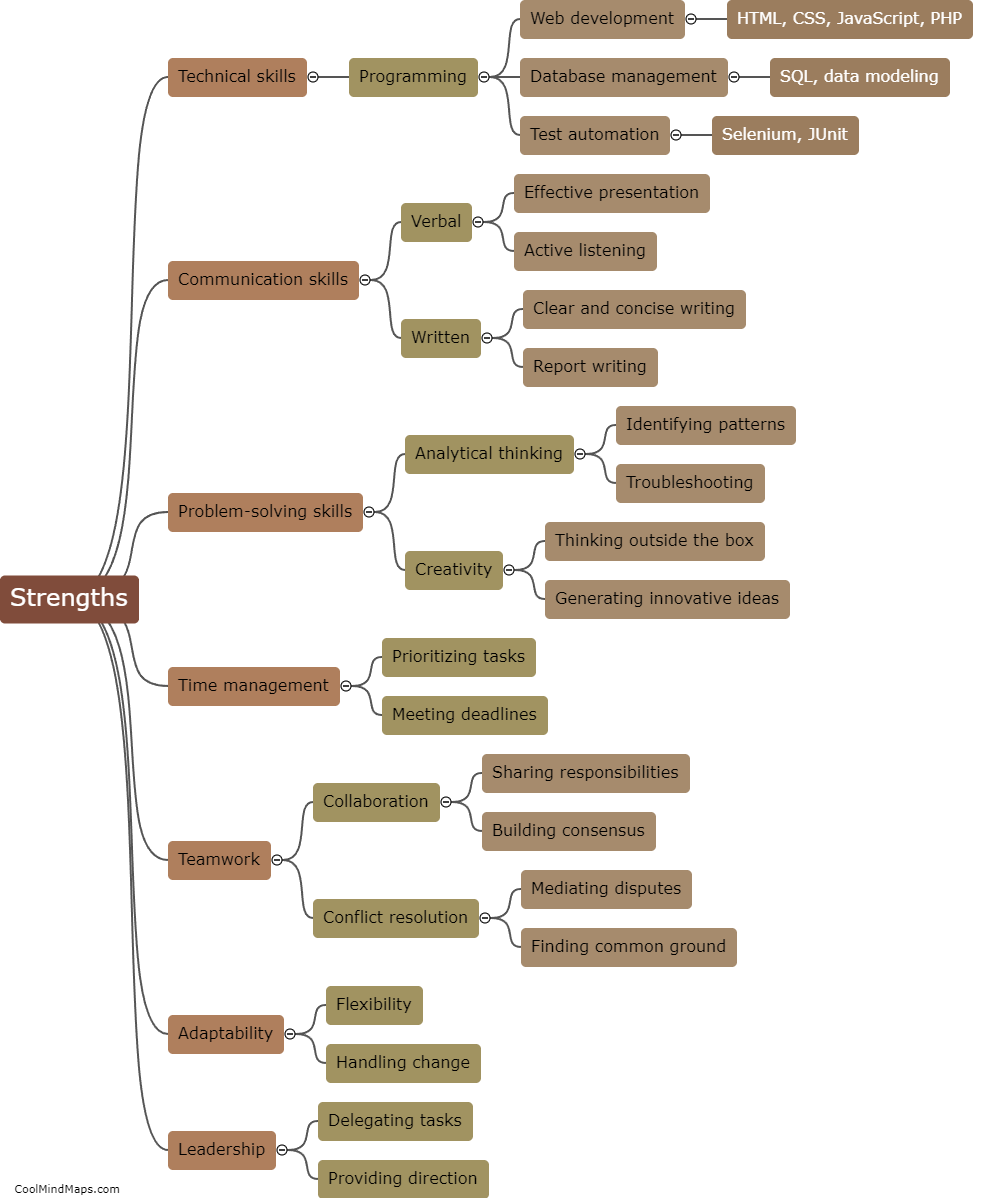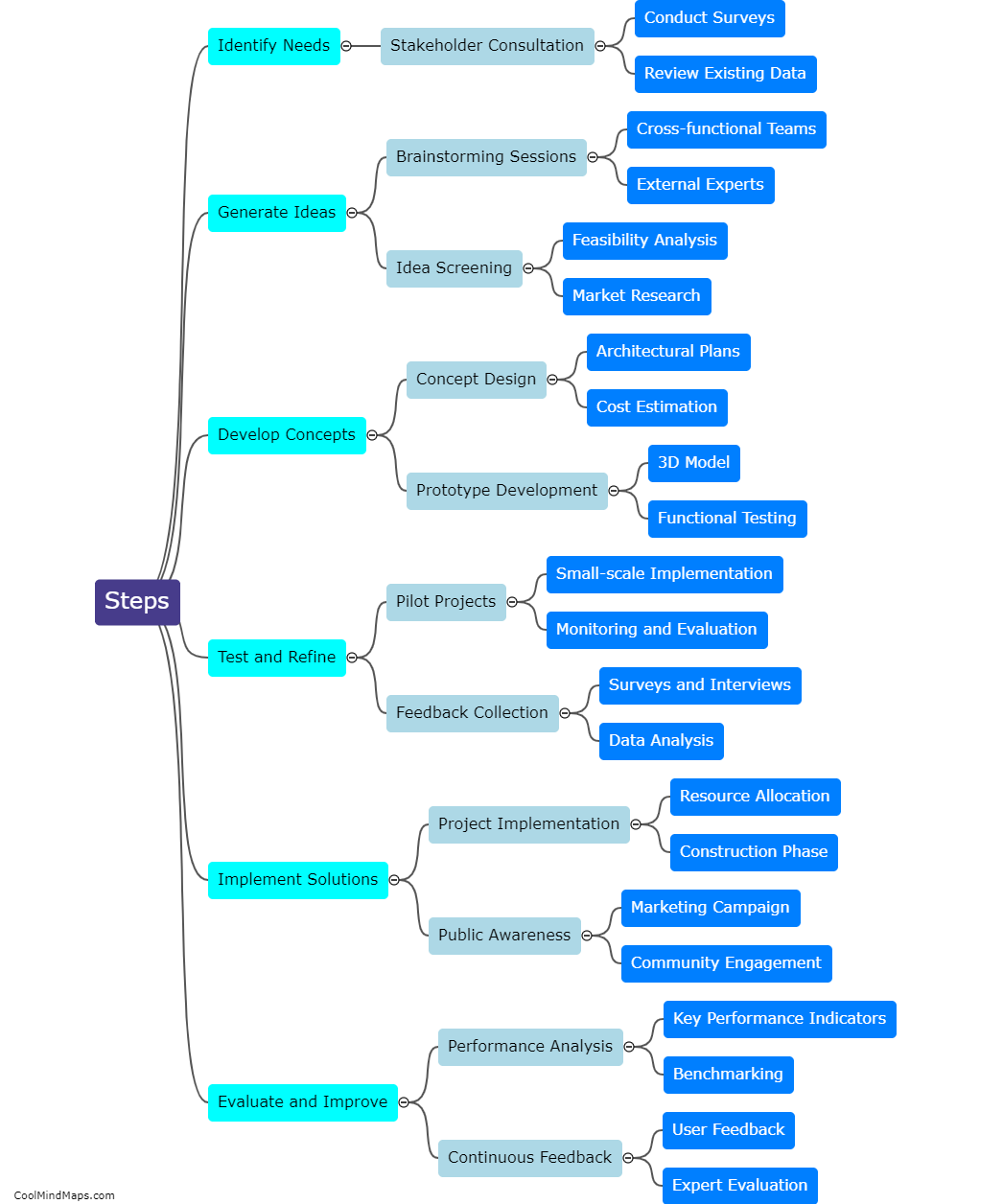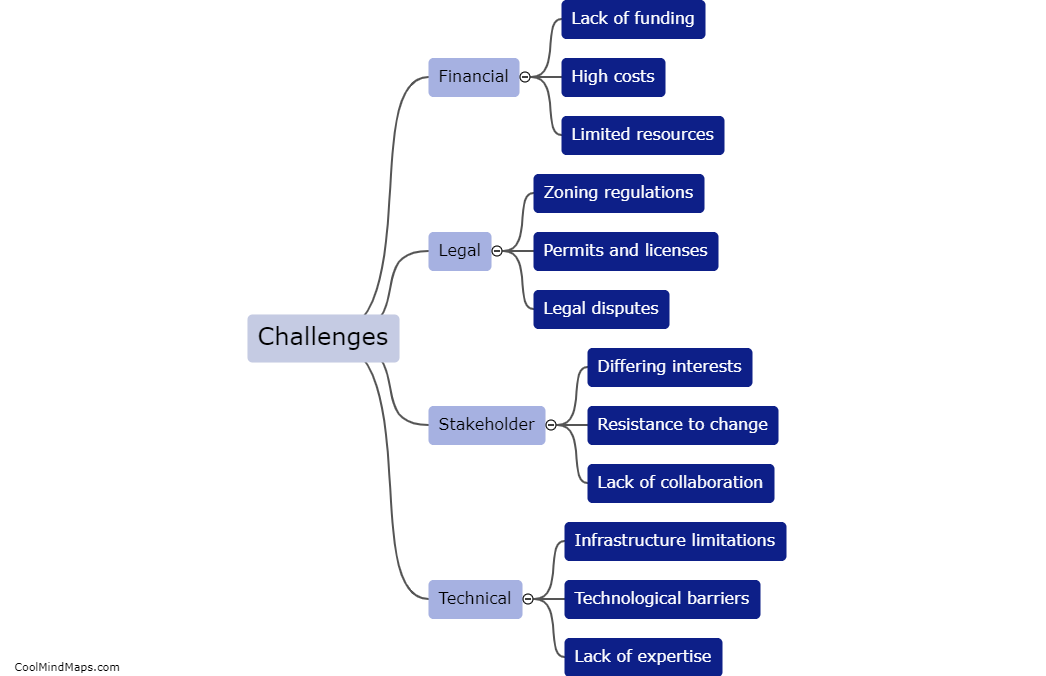What challenges did the reform face in its implementation?
The implementation of any reform often comes with various challenges that can hamper its success. Some common challenges faced during the implementation phase include resistance from vested interests, lack of political will and leadership, inadequate resources and funding, bureaucratic hurdles, and public skepticism. Vested interests may resist change that poses a threat to their power, status quo, or economic benefits. Political will and leadership are crucial for driving reforms forward, as without strong support from key decision-makers, implementation efforts may lack direction or be abandoned altogether. Limited resources and funding can hinder the execution of reforms, potentially leading to compromises or delays in achieving desired outcomes. Bureaucratic hurdles can slow down the reform process, as complex regulations, administrative bottlenecks, and conflicting interests within institutions may impede progress. Additionally, public skepticism and resistance can arise due to lack of awareness, communication gaps, or misperceptions regarding the intended benefits of the reform. Addressing these challenges requires careful planning, stakeholder engagement, effective communication, and the allocation of adequate resources to ensure successful implementation.
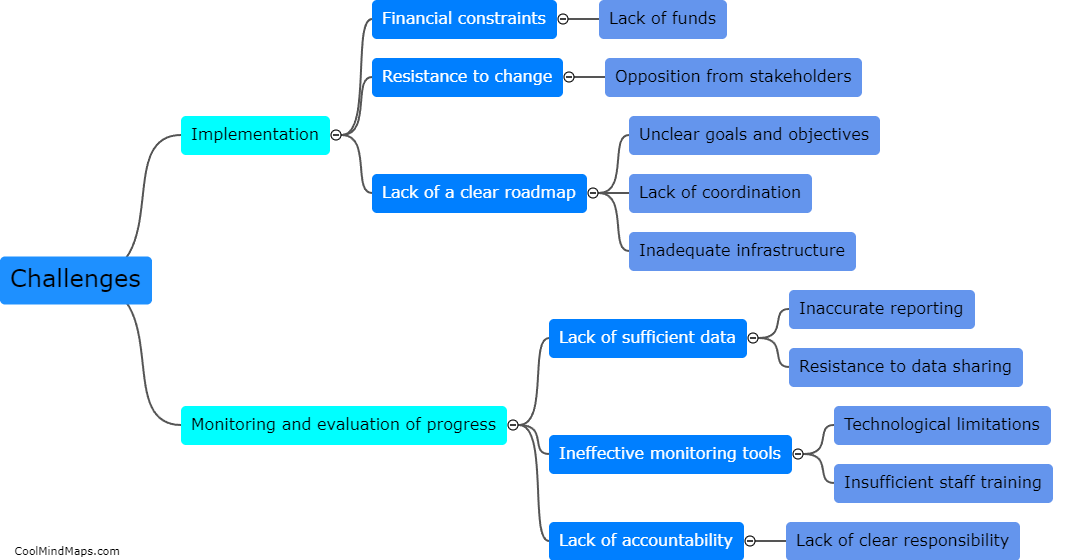
This mind map was published on 28 November 2023 and has been viewed 128 times.
